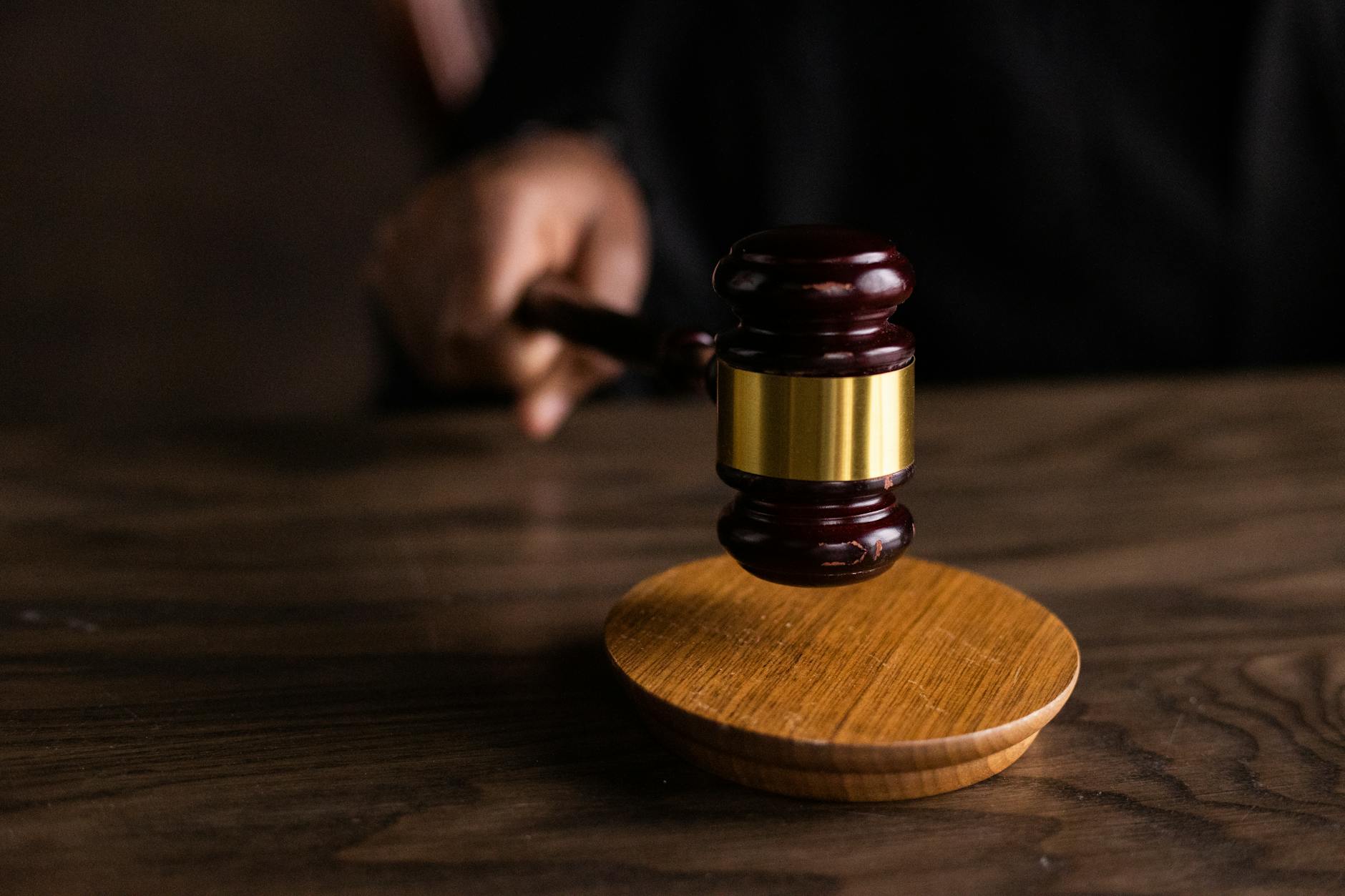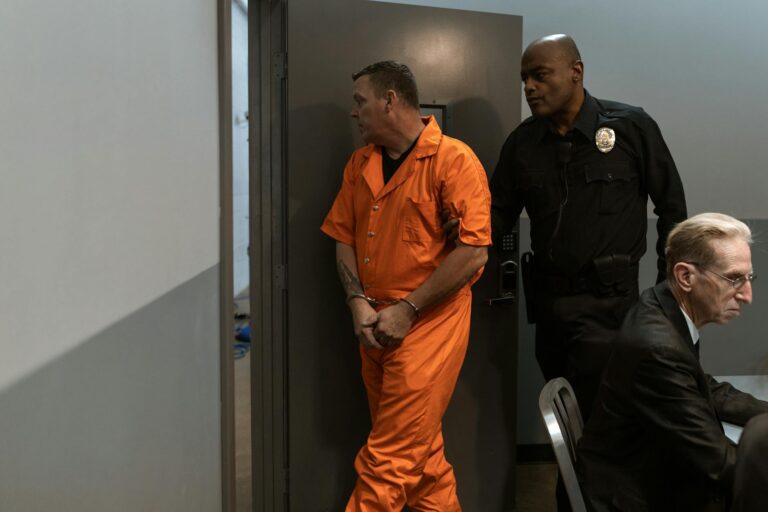SC Puts Its Foot Down: No More Bulldozing Homes Without Warning
Let’s break this down
You know how sometimes you wake up to news that makes you go, “Wait, that was even legal before?” That’s exactly what happened when India’s Supreme Court slammed the brakes on what people have started calling “bulldozer justice.” Chief Justice B R Gavai—while chatting with some Italian judges, of all places—dropped this bombshell: destroying people’s homes without proper process? Not cool. And not legal anymore. “A roof over your head isn’t some luxury,” he basically said. “It’s your damn right.” Strong words, but then again, we’re talking about folks getting kicked to the curb—literally.
Okay, but what’s “bulldozer justice” really?
Picture this: It’s Tuesday morning. You’re making chai. Then—boom—a bulldozer shows up and your house is gone by lunch. No warning. No “hey, here’s where you can go next.” Nothing. That’s been happening way too often, especially to people who can’t fight back—daily wage workers, slum dwellers, you know the drill. Governments call it “clearing encroachments,” but let’s be real: it’s like using a sledgehammer to kill a mosquito. The worst part? It’s usually not even the big criminals getting hit—just regular folks trying to survive.
Why this court decision actually matters
Here’s the thing about Article 21 of our Constitution—it says you’ve got the right to live with dignity. And guess what? You can’t be dignified sleeping on the sidewalk. The court finally connected the dots:
- No more surprise demolitions—authorities gotta give proper notice now
- They’ll actually have to explain why wrecking someone’s home is the only option
- Most importantly? CJI Gavai made it clear: justice isn’t just for people who can afford lawyers
This changes the game—here’s how
First off, it’s a massive win for little guys against the system. Imagine being some local officer who used to order demolitions like ordering lunch—well, now there’s paperwork. And courts will be watching. But here’s the kicker: this isn’t just about houses. It’s about power. For once, someone said “enough” to using bulldozers as political tools. Will it stop overnight? Probably not. But now there’s a rulebook—and consequences.
Mixed reactions, obviously
Activists are over the moon—one told me it’s like “seeing daylight after years in a tunnel.” But some babus are already grumbling about how this will “slow down development.” Classic, right? Meanwhile, my lawyer friend pointed out the elephant in the room: “Great judgment, but who’s gonna enforce it in Bihar or UP?” He’s got a point. We’ve seen brilliant court orders get ignored before.
How India’s doing it differently
Look at America—they fight over evictions all the time. UK? Same story. But here’s what’s special about our ruling: it doesn’t just protect property, it protects people. While other countries worry about who owns what, our judges asked, “But where will these families go?” That’s… surprisingly human for a legal decision.
What happens now?
Paper rulings don’t rebuild houses. NGOs will need to keep their eyes peeled—because you know some local politician will try to sneak in a demolition at 3 AM. Urban planners? They’ve got homework too. Maybe—just maybe—start planning cities where the poor don’t have to live illegally? Just a thought.
The bottom line
This isn’t just another court case. It’s the Supreme Court telling the government, “Do your job properly.” Shelter isn’t charity—it’s what keeps society from crumbling. Now comes the hard part: making sure this judgment doesn’t end up as just another fancy paragraph in law textbooks while bulldozers keep rolling outside.
Source: Times of India – Main











